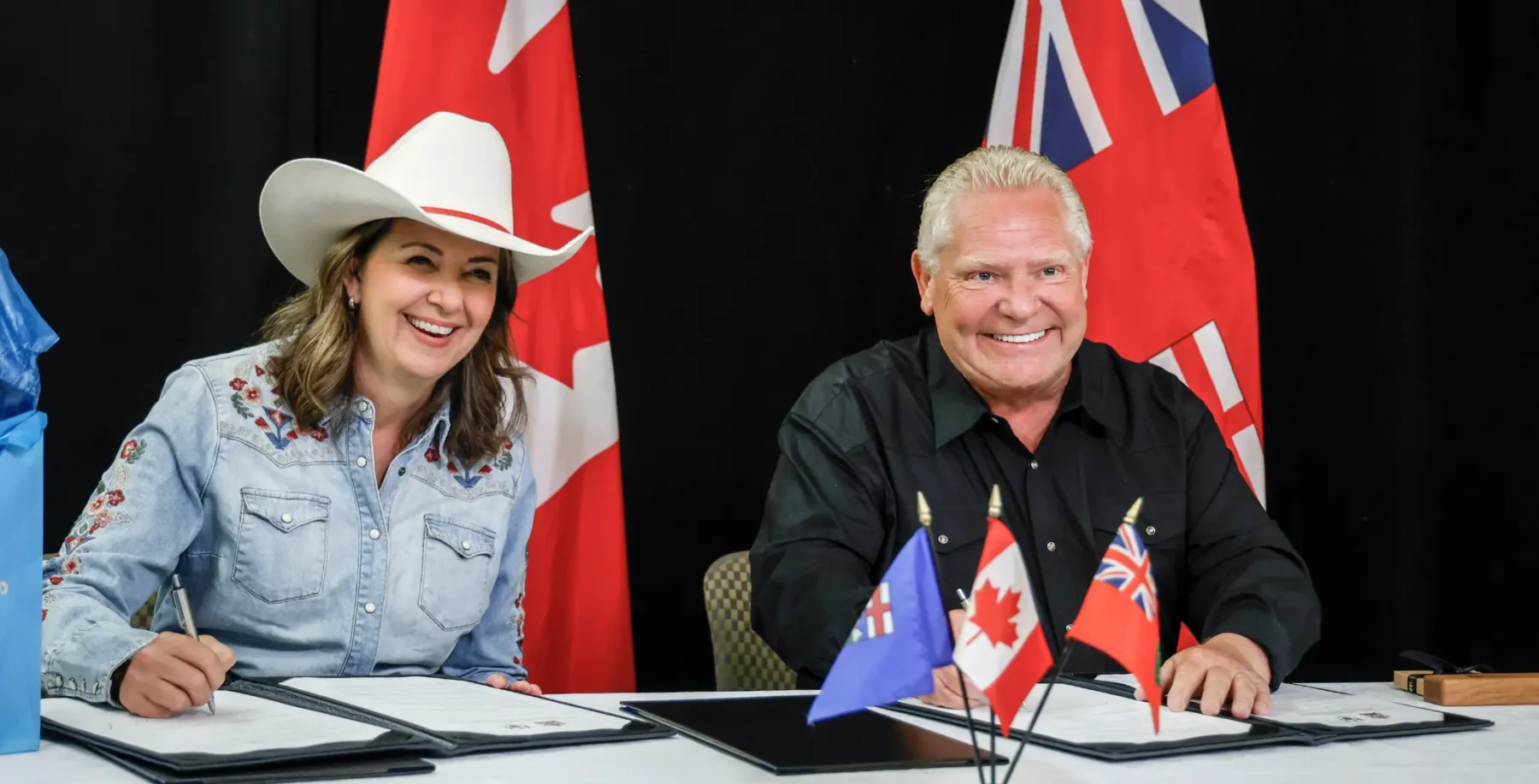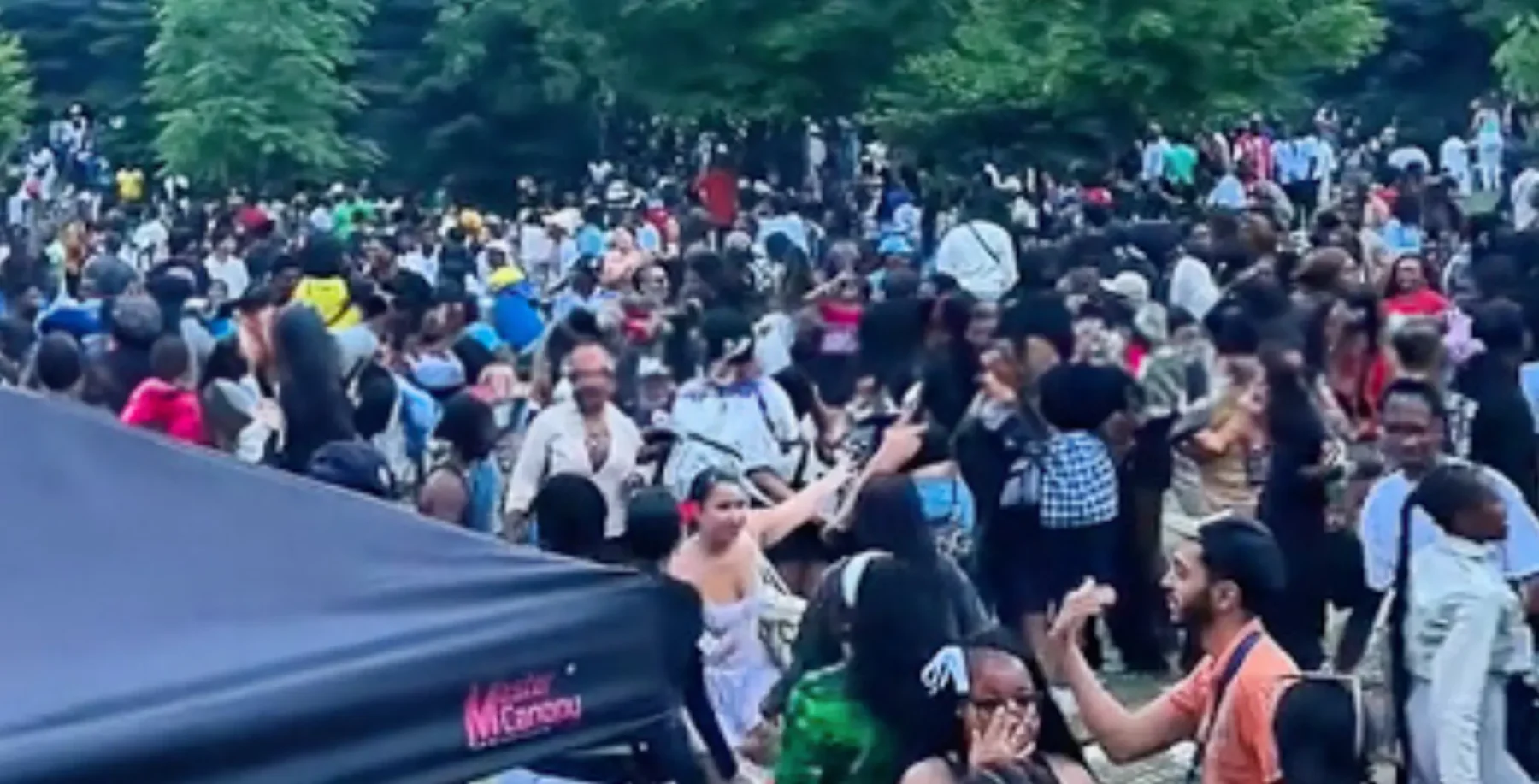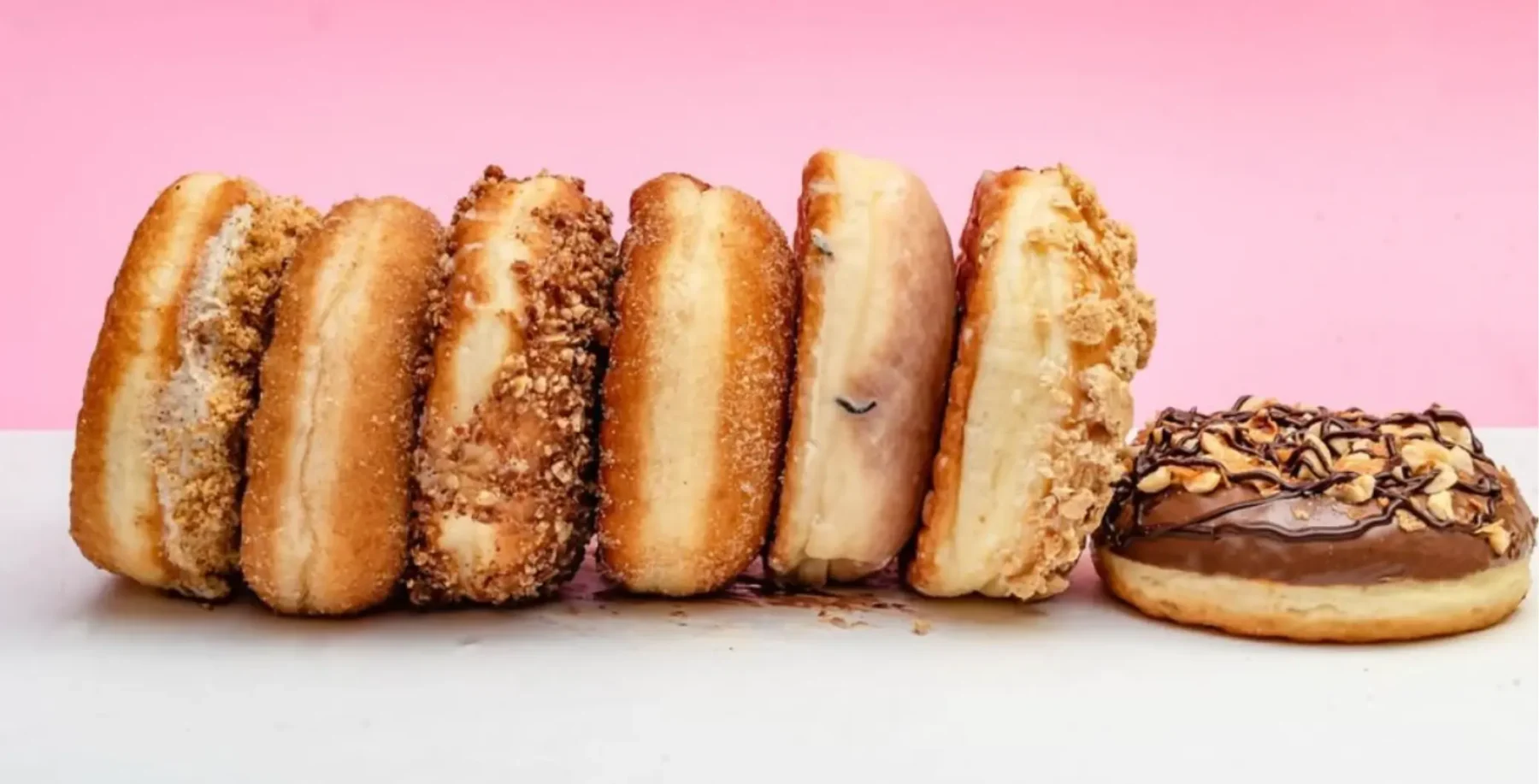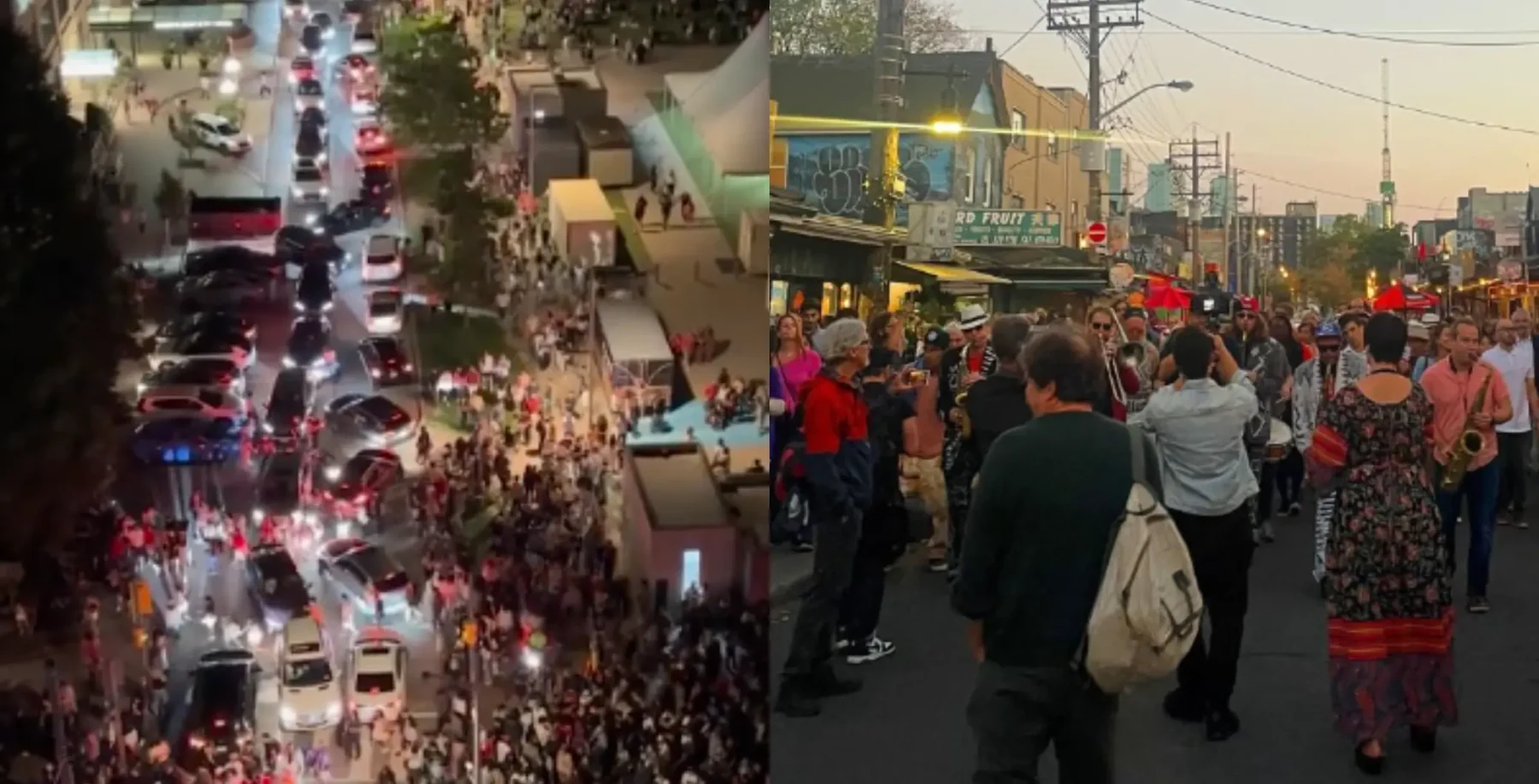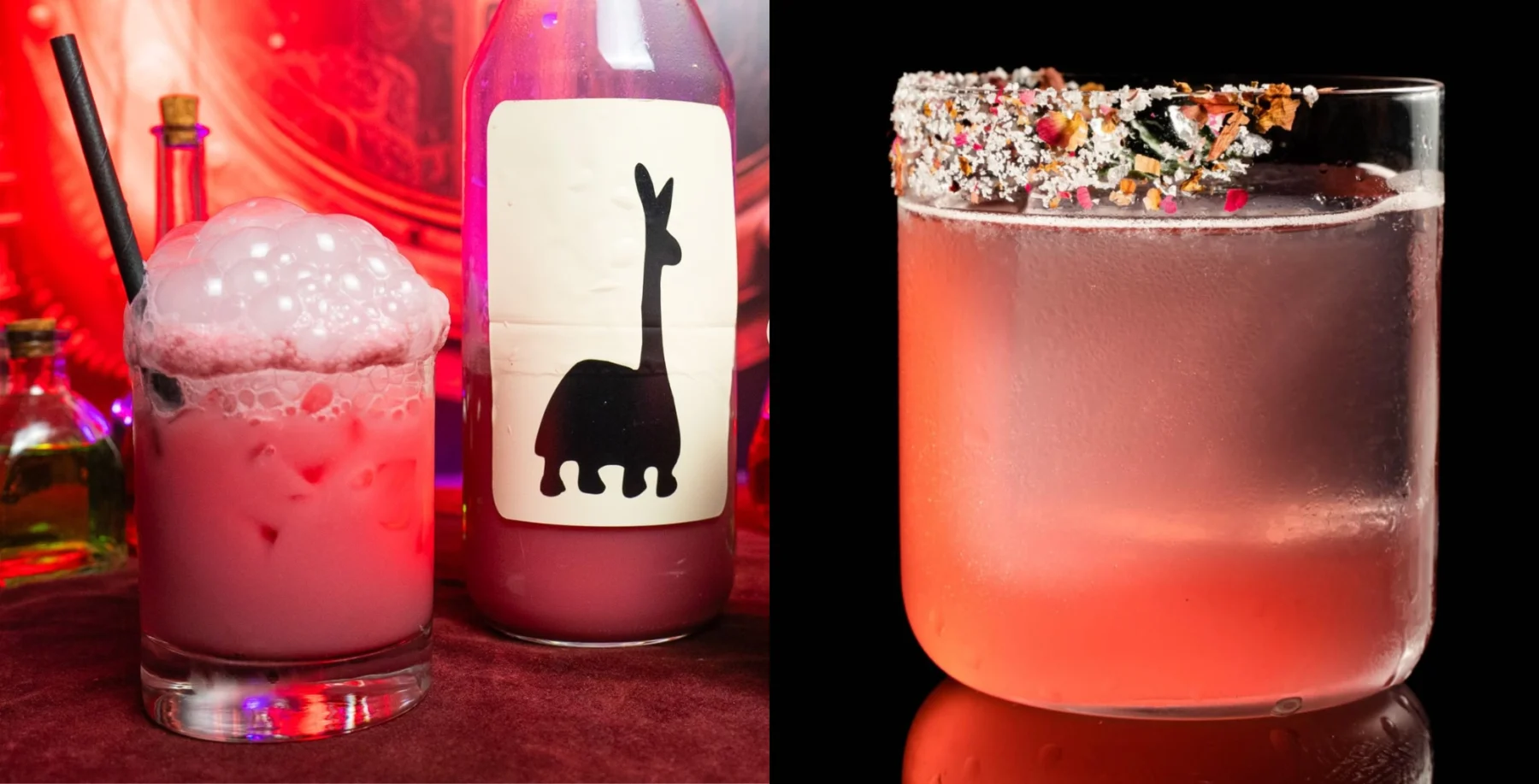
Toronto residents are sharing photos of empty alcohol shelves in grocery stores as an ongoing LCBO workers’ strike enters its second week.
Initially, the Crown corporation announced the opening of 32 stores on July 19 with limited hours, even if a deal had not been reached by then.
Read More
However, the plan was reversed on Sunday as over 9,000 LCBO employees remain on strike.
“We will be re-allocating the personnel that was planned to open LCBO retail stores for in-store shopping to other parts of the operations to further enhance support for bars, restaurants and other businesses,” the LCBO said in a statement.
“That means LCBO retail stores will no longer be opening for the duration of the strike.”
Amid the ongoing strike, the Ford government announced Monday morning that it has moved up the original August 1 date, allowing licensed grocery stores to start selling ready-to-drink beverages and larger beer packs beginning July 18.
LCBO workers initiated their first-ever strike in Ontario’s history on July 5, following failed negotiations between the Crown agency and OPSEU.
A major point of contention between the two parties has been the introduction of pre-mixed drinks at corner and grocery stores, an initiative strongly supported by the Ford government.
OPSEU argues that the government’s push to integrate thousands of private retailers into the alcohol distribution network risks compromising $2.5 billion in public revenue.
Read More
Many residents are now recounting their experiences visiting grocery stores and finding empty alcohol shelves, wondering whether supply chains were impacted by the strike or if grocery stores are showing solidarity with the strikers.
One Reddit user described visiting the No Frills store at Lansdowne and Dundas on Sunday and expressing confusion over the lack of stock.
“It wasn’t like this during the week. Wondering if this is a supply issue, stores dropping out, or owner is showing LCBO some kind of solidarity? Is this a trend anywhere else?,” the user wrote with a picture of the visibly empty shelves.
“They are getting cleaned out. I was at the Leaside Loblaws yesterday and the only booze left was pretty bottom of the barrel stuff, things like 3L bags of Twenty Bees and lots of Molson Ultra,” another Reddit user shared.
An X user shared similar photos from a Sobeys in Etobicoke on Sunday, attributing the shortages to disrupted supply chains and applauding the efforts of striking workers.
“Supply chains being affected! @LCBO Workers are doing an incredible job on the picket lines! They are the ones doing all the hard work! @OPSEU needs to do their job now and get back to the table! 9000 staff want to work!,” the individual wrote.
“Grocers are definitely seeing higher demand for beer and wine in some stores. However, we aren’t experiencing any significant supply issues,” Michelle Wasylyshen, spokesperson for Retail Council of Canada, told Now Toronto on Monday.
A grocery store worker added on Reddit that due to unionization, some stores are refusing to stock alcohol.
“Lots of grocery stores are unionized and staff are refusing to stock alcohol. Ours has decided not to stock anything so when it’s gone it’s gone. They aren’t ordering any as Staff have said as a unionized group they won’t stock or put it through a register,” the individual shared.
Meanwhile, the LCBO confirmed in a statement that customers can still make purchases online.
“We want this strike to end, remain committed to reaching an agreement with OPSEU, and encourage them to respond to our fair offer,” the statement reads.
In response, OPSEU, representing approximately 10,000 LCBO workers, stated that the strike is having an impact and that the workers are ready for a deal.
READ MORE: https://nowtoronto.com/news/this-guys-priority-is-beer-ford-criticized-after-dropping-interactive-alcohol-map-amid-lcbo-strike/
“Our members miss their regulars and want to get back to work. It is on Ford to end this strike, after all – he forced it to justify his rushed alcohol everywhere scheme,” the statement continues.
OPSEU also expressed readiness to resume negotiations whenever Premier Doug Ford and the LCBO are prepared to negotiate “in good faith a future that will protect good jobs and protect public revenues as well as create more stable and permanent jobs.”

